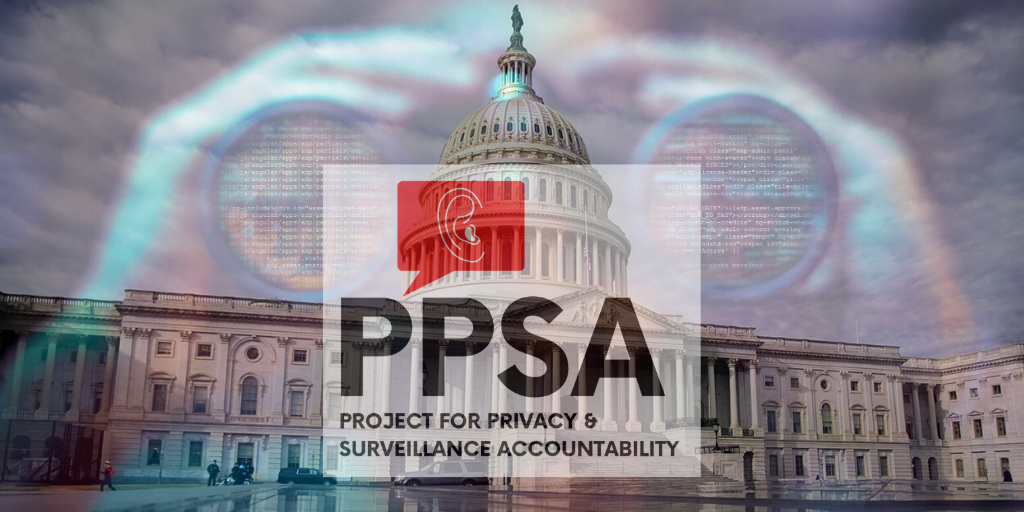|
The President and others are rightly concerned about the FBI’s treatment of Carter Page and, by extension, the presidential campaign and transition, under the aegis of the Foreign Intelligence Surveillance Act or FISA. The President is also right to question whether the original House version of the Section 215 reauthorization—H.R. 6172—would have prevented the Page fiasco.
The solution is for the House to pass H.R. 6172 with the bipartisan amendment—sponsored by Senators Lee and Leahy—that was added in the Senate by vote of 77-19. That amendment was carefully crafted, among other things, to prevent a recurrence of the Page situation: It requires the Foreign Intelligence Surveillance Court to appoint an attorney with a national security clearance and expertise in privacy laws as an “amicus” to advocate for privacy in certain “sensitive investigations”—including, specifically, any FISA proceeding involving “candidates” for public office and their staffs. As we’ve explained in depth here, an amicus can bring many of the benefits of our ordinary adversarial legal system to the secret FISA court proceedings—which of necessity cannot include the target or his attorney. A properly equipped amicus can catch mistakes and misrepresentations by the FBI—as we think a good amicus would have done in the Carter Page case. And the mere presence of an amicus—or even the possibility one will be appointed—will deter such mistakes and misrepresentations by making it more likely the court will learn about them and take appropriate action against those involved. Thus, a vote for the reauthorization—as amended with the Lee-Leahy and (if it passes) the Lofgren-Davidson provisos—would allow you to tell your constituents you not only stood up for their online privacy, but also acted to reduce the risk of another Carter Page fiasco. By contrast, a vote against the Senate-amended H.R. 6172 would not have any such effect. Yes, it might help prevent the reauthorization of Section 215 of the Patriot Act and related FISA authorities that expired on March 15. But the FBI’s surveillance of Carter Page didn’t rely on those authorities. It relied instead on a different part of FISA, Title I. The Lee-Leahy amendment, moreover, applies not just to Section 215 and the other expired authorities, but also to surveillance initiated under Title I—as in the Carter Page case. So the Senate-amended reauthorization bill would strike a major blow for increased surveillance accountability in that very kind of proceeding. Accordingly, a vote for the Senate-amended bill is the only vote that will allow you to tell your constituents you acted to fix the Carter Page situation. Of course, if the President and others wish to pursue additional FISA reforms that will better protect Americans’ privacy, we stand ready to work with them to that end. Bob Goodlatte, Former Chair House Judiciary Committee Member of Congress 1993-2019 Buck McKeon, Former Chair House Armed Services Committee Member of Congress 1993-2015 Contact: Gene Schaerr General Counsel Email: [email protected] Phone: (202) 787-1060 Mark Davis Director of Policy Email: [email protected] Phone: (202) 909-5824 Comments are closed.
|
Categories
All
|


 RSS Feed
RSS Feed